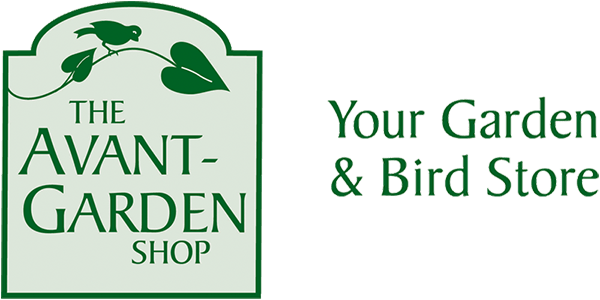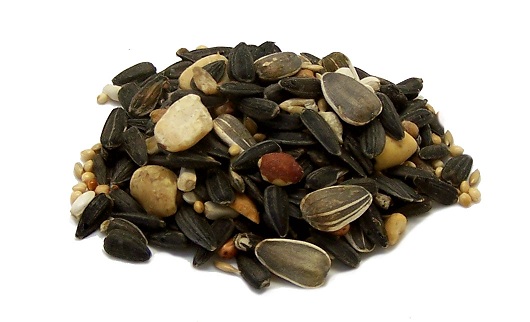?
Feeding birds in your back yard can be fun and rewarding. Songbirds will add colour, life and vibrancy to your garden. Attracting and keeping songbirds, however, can depend on a number of factors including the type and quality of seed that you provide.
The most popular seed is black-oil sunflower, which is accepted by the greatest variety of birds. Black-oil sunflower is an oil-rich food that is a good source of energy. Its thin shell makes it easy to open, even for small birds. This seed is a particular favourite of cardinals, chickadees, evening grosbeaks and purple finches but is also part of the diet of most other songbirds. You can’t go wrong with a hanging tube or hopper-style feeder full of black-oil sunflower seed.
Blended mixes should also be part of a back yard feeding program. Good blends will contain black-oil sunflower, in addition to other ingredients that will provide variety and nutrition. The blend you choose will depend on the birds that you wish to attract. For example, blends that contain millet will attract juncos, mourning doves and sparrows. Blue jays favour peanuts and striped sunflower, while cardinals like safflower. Some blends are adjusted seasonally to provide birds with the nutrition they require at different times of the year. Retailers who specialize in wild bird feeding will be able to help you select the blend that is right for you.
If you are interested in attracting gold finches and other finches, then nyger seed should be at the top of your list. Nyger is a small seed that is also rich in oil. Alternatively, you can opt for a wild finch blend, which contains nyger, red millet and other seeds preferred by finches. This is a cost-effective alternative to pure nyger. For nyger seed and wild finch blends, you will require a tube-style feeder with tiny feeding ports.
When it comes to selecting birdseed, it’s wise to keep in mind that not all brands of birdseed are the same. Not only should you know which seed is favoured by different species of birds, you need to be aware that the quality of birdseed can vary greatly between different brands. The old maxim “you get what you pay for” is true even for birdseed.
Selecting top quality birdseed is not difficult when you know what to look for. Here are a few basics:
Look for birdseed that appears fresh. The fresher the ingredients are, the more likely that all of the food will be eaten and not wasted. Store your seed in tight-lidded containers to preserve freshness.
Look for seed that is clean and dust-free. Powder that is created during processing adds weight to a bag, which you pay for but which the birds won’t eat. Be wary of opaque packaging that doesn’t allow you to inspect all the seed.
Pay attention to ingredients. Avoid blends that contain wheat, milo (sorghum) and other “fillers” that birds won’t eat. Look for sunflowers, nuts, corn, millets and fruits to attract the most birds.
Discount brands tend to have sunflower seeds that are immature. Good quality blends have sunflower seeds with greater kernel density and thus more food for the birds. Avoid sunflower seeds that appear flat, which is a sign of immaturity.
Avoid buying bird feed with a powder-like appearance on the grains. This is a sign of mould. Once contaminated, mould will spread quickly through a bag of seed. No birds will eat mouldy seed.
Finally, once you are attracting birds to your yard, keep them coming back by ensuring that they have a clean and fresh supply of food. Inspect and clean your feeders on a regular basis and dispose of any seed that has gone mouldy. By providing birds with a good quality seed in a well-maintained feeder you will enjoy weeks of enjoyable bird watching in your own back yard.
The Avant-Garden Shop is a retail store specializing in backyard birding supplies and gardening accessories. Visit them at 165 Sherbrooke St. in Peterborough, online at www.avantgardenshop.com, or contact them by phone at 705-743-0068 (toll-free 877-886-0869).

